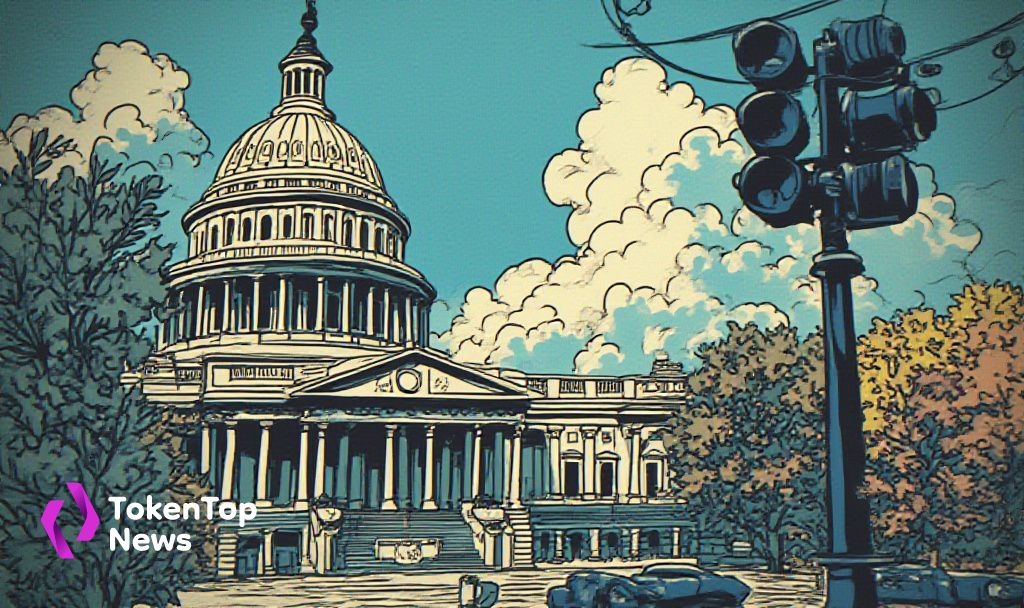GENIUS Act Bars Big Tech from Issuing Stablecoins
- Main event, leadership changes, market impact, financial shifts, or expert insights.
- Big Tech banned from issuing stablecoins in the US.
- Federal licensing required for other issuers, impacting DeFi markets.

The US Congress is progressing with the GENIUS Act, which recently passed the Senate Banking Committee by an 18-6 vote, prohibiting Big Tech from issuing stablecoins.
The legislation aims to reshape the stablecoin market by barring Big Tech’s involvement, potentially consolidating control among licensed financial entities.
The GENIUS Act of 2025
The GENIUS Act of 2025 has advanced in the US Senate, targeting stablecoin issuance. The Act emphasizes consumer protection by banning Big Tech entities from entering the market as issuers, aligning with stricter regulatory measures. The Act defines “payment stablecoins” and stipulates that their issuers must follow stringent federal or state licensing protocols, with detailed prohibitions and licensing requirements set for issuers. This affects nonbank entities and subsidiaries who can qualify while excluding larger tech conglomerates.
Immediate market effects highlight a shift in the potential issuer landscape, urging existing regulated financial institutions to solidify their position. The prohibition limits tech giants from venturing into the stablecoin space, altering market dynamics and potentially impacting liquidity distribution across platforms.
The GENIUS Act’s passage could influence financial systems by concentrating issuance among banks and compliant entities. Politically, it highlights a move toward enhanced consumer protections. The Act also introduces limitations on yield offerings, disrupting potential DeFi incentive schemes. According to the US Senate Banking Committee Fact Sheet, “The GENIUS Act establishes strict marketing standards for payment stablecoins: Prohibits any representation that payment stablecoins are…”
In anticipation of these regulations, financial markets may experience adjustments to accommodate changes in stablecoin issuances. Historical financial trends suggest that tightening regulation often leads to market consolidation, as seen in previous regulatory shifts impacting cryptocurrency dynamics.



